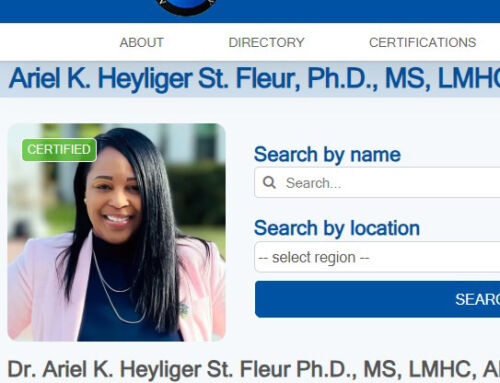
Abstract
Sherif Girgis
Notre Dame Law School
Robert George
Princeton University
Ryan T. Anderson
The Ethics and Public Policy Center; University of Dallas
In the article, we argue that as a moral reality, marriage is the union of a man and a woman who make a permanent and exclusive commitment to each other of the type that is naturally fulfilled by bearing and rearing children together, and renewed by acts that constitute the behavioral part of the process of reproduction. We further argue that there are decisive principled as well as prudential reasons for the state to enshrine this understanding of marriage in its positive law, and to resist the call to recognize as marriages the sexual unions of same-sex partners.
Besides making this positive argument for our position and raising several objections to the view that same-sex unions should be recognized, we address what we consider the strongest philosophical objections to our view of the nature of marriage, as well as more pragmatic concerns about the point or consequences of implementing it as a policy.
[pdf-embedder url=”https://americanboardofsexology.org/wp-content/uploads/2022/08/What-is-marriage.pdf” toolbar=”top” toolbarfixed=”on”]






